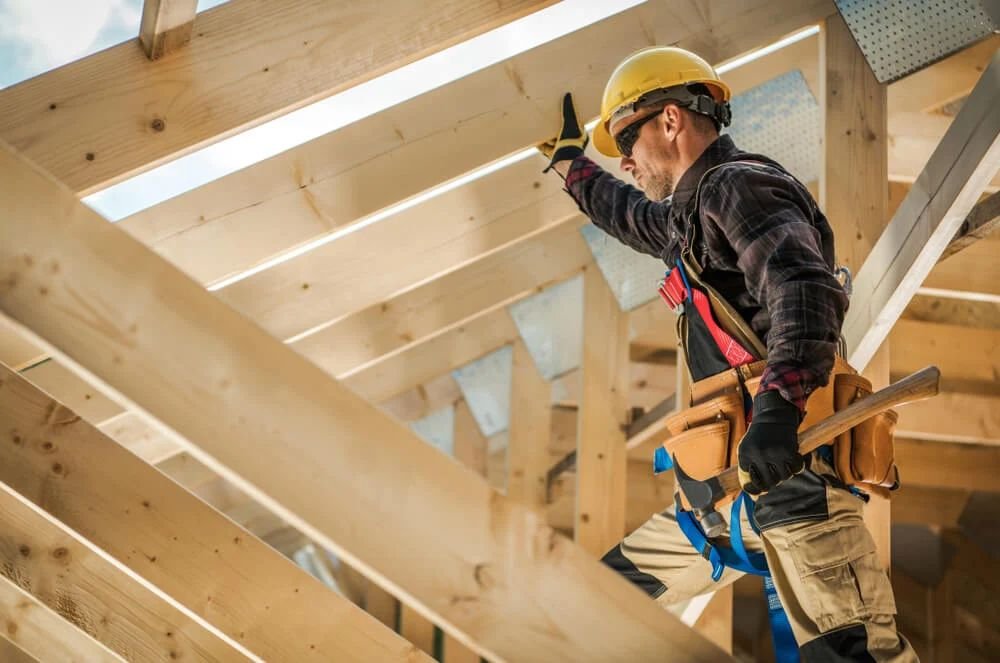Selecting the perfect event venue requires a careful blend of practicality and vision. By defining the purpose of your event, considering location and accessibility, evaluating size and layout, assessing available amenities, and balancing budget with value, you can find a venue that fits your needs and delights your guests.
The right venue not only provides a backdrop but also sets the tone, influences the atmosphere, and shapes the memories of everyone in attendance. With thoughtful planning and attention to detail, the venue you choose can transform your event from ordinary to unforgettable.
Understanding the Purpose of Your Event
The search for the perfect event venue begins with a clear understanding of your event’s purpose. Whether it’s a corporate meeting, wedding, fundraiser, or community gathering, the type of event dictates the kind of space you’ll need.
A professional seminar may call for a conference center with audiovisual support, while a wedding might need an elegant hall or outdoor garden. Identifying the tone and scale of the event early ensures that your venue aligns seamlessly with your goals, creating the right atmosphere for guests.
Considering Location and Accessibility
Location plays a crucial role in the success of any event. A venue should be easily accessible to the majority of attendees, with clear directions and sufficient parking or nearby public transportation. For out-of-town guests, proximity to hotels and airports becomes important.
Choosing a central or convenient location can increase attendance and reduce logistical challenges. Accessibility also includes accommodations for guests with disabilities, ensuring that everyone can participate comfortably. The right location not only eases travel but also enhances the overall experience.
Evaluating Venue Size and Layout
Capacity and layout are critical factors when selecting a venue. A space that is too small may feel cramped, while one that is too large could feel empty and diminish the atmosphere. Think carefully about seating arrangements, staging areas, dining needs, and flow of movement throughout the event.
Flexible layouts are valuable for events with multiple segments, such as a conference with breakout sessions or a wedding with both ceremony and reception. Matching the venue’s capacity and design to your expected guest count ensures comfort and smooth operations on the day.
Assessing Amenities and Services
Amenities can make or break the functionality of a venue. Some venues provide tables, chairs, audiovisual equipment, and catering services, while others require you to arrange everything separately.
On-site staff, such as event coordinators or technical support, can be invaluable for smooth execution. Venues that offer inclusive packages may save both time and money by bundling essentials together. Checking details like kitchen facilities, restrooms, Wi-Fi, lighting, and sound systems ensures that the venue is fully equipped to support your event’s needs.
Balancing Budget and Value
While cost is always a deciding factor, choosing a venue is about balancing budget with overall value. The cheapest option may lack essential amenities, resulting in extra expenses elsewhere, while the most expensive space may not be necessary for a smaller gathering.
Consider what is included in the rental fee—such as setup, cleanup, or security—and weigh it against the total budget. Some venues offer discounts for off-peak days or times, which can help stretch resources. Evaluating value rather than price alone ensures that you get the most out of your investment.




